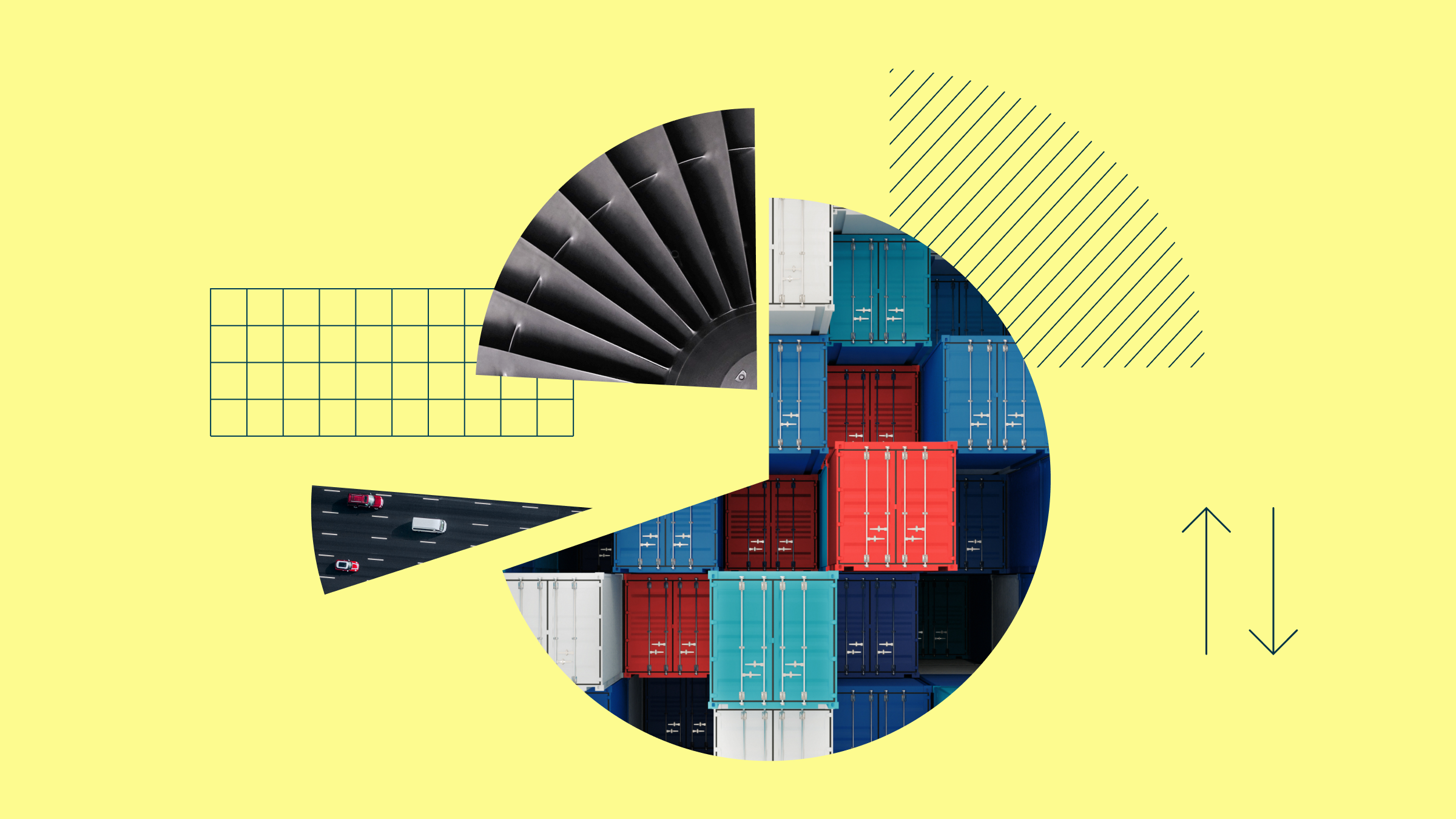Ruth Saldanha: Retirement means different things to different people; vacation, sleeping late, volunteering and paying taxes. But is there any way to reduce your tax liability so that you pay out less in taxes after you retire. With me to discuss this is Jason Heath, fee-only financial planner at Objective Financial Partners.
Jason, thanks so much for joining us.
Jason Heath: Thanks for having me Ruth.
Saldanha: What are some of the ways in which you can save tax by lowering your taxable income after retirement?
Heath: Yeah. I find one of the things that people are pleasantly surprised by in retirement is, for the most part, people tend to be in a much lower tax bracket in retirement, whether it's little things like not paying Canada Pension Plan or employment insurance contributions, registered pension planning contributions, taxes tend to be lowered generally. There's definitely ways to go out of your way to lower your tax rates. Those can be proper use of tax-free savings accounts, timing of withdrawals from your registered accounts.
Pension income splitting is a big one. If you have eligible pension income, whether it's a defined benefit pension plan or withdrawals from a registered retirement income fund or a RRIF, those can be split with your spouse. And I think, a lot times it's not even so much about reducing your tax payable in the given year in retirement, it's how do you draw your assets down in the most efficient manner, how do you pay the least amount of tax over the course of your entire retirement. I think that’s key.
Saldanha: You did mention some things about dealing with your spouse and combing that income. So, what are some of the ways in which you could use your spouse and your partner in order to reduce tax?
Heath: Well, if you have eligible pension income after the age of 55, so a defined benefit pension plan from an employer, for example, or if you take withdrawals from a RRIF account after the age of 65, both of those are eligible for what they call pension income splitting. You can move up to 50% of that eligible pension income from your tax return to your spouse's.
There is also the ability with a Canada Pension Plan with CPP, when you apply for CPP to have part of your CPP split based on the number of years that you lived with your spouse during your CPP contributory period. Corporations, there are a lot of changes to corporate tax here in Canada over the course of the last year, but thankfully, for seniors, dividends being paid out of corporations after the age of 65 are generally eligible for income splitting opportunities as well. So, it's a lot easier I find in retirement to equalize your incomes and pay less tax than it is during your working years.
Saldanha: Finally, if you do decide to share the RRSP, is there anything to keep in mind at time of withdrawal?
Heath: Yeah. A few different things. I find when people apply for their – to convert their RSP to a RRIF account, to register retirement income fund, I think it makes sense if you are taking withdrawals after the age of 65 to convert your RSP to a RRIF. You don’t need to do it until age 71, but after age 65, in order to be eligible to split your pension income with the spouse, the withdrawal needs to come from a RRIF, not from an RSP. The other thing is RRIF withdrawals qualify for pension income tax credit. Saves a few hundred dollars on your tax return. It's not a big deal, but it's something as well.
The other thing is, I think, that when you start to take withdrawals from your RRIF, if you have a younger spouse, you have the option to base the withdrawals on their age. And with a younger spouse, a younger age, the minimum required withdrawals are less as well. Those are some of the main things, I think, I'd be inclined to consider, and then, just generally looking at your overall retirement income planning and, frankly, trying to figure out the best way to drawdown your assets.
Saldanha: Great. Thank you so much for joining us, Jason.
Heath: Thanks, Ruth.
Saldanha: For Morningstar.ca, I am Ruth Saldanha.









:quality(80)/cloudfront-us-east-1.images.arcpublishing.com/morningstar/EC7LK4HAG4BRKAYRRDWZ2NF3TY.jpg)










